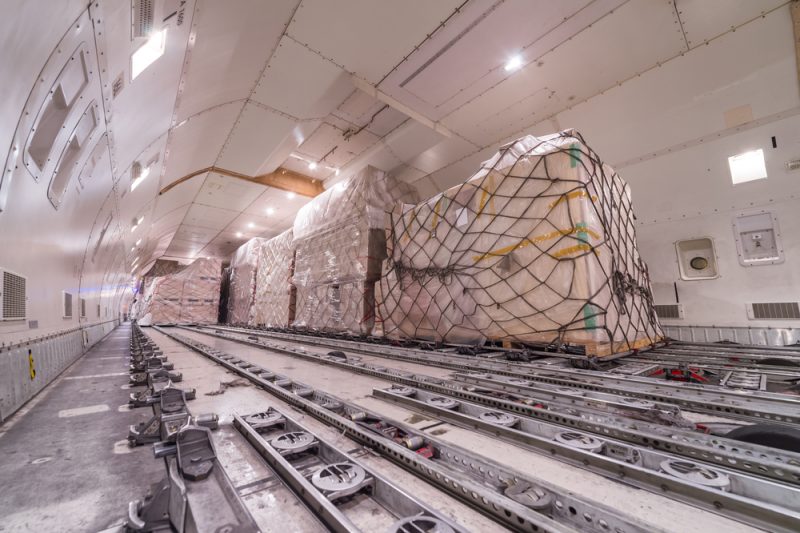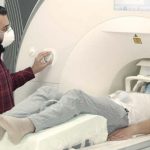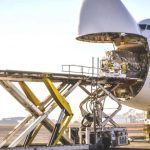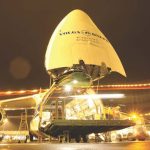Cargo Spectre offers speedy dimension recording with new AI scanning system
Cargo Spectre’s AI scanning system offer the air cargo industry a speedy way of recording the dimensions of cargo with black plastic surfaces.
According to Texas, US-based Cargo Spectre, its advanced machine-learning scanning system achieved industry-leading speeds in recording US NTEP-certified dimensions of cargo with black plastic surfaces.
Using scales, cameras, and 3D scanners, Cargo Spectre’s AI machine-learning software allows customers to optimize the speed of freight dimensioning with instantaneous, accurate scans of parcels and pallets. Measurements can be triggered with a weight sensor, a barcode scan or the single click of a button.
Each Cargo Spectre sensor collects data from millions of points simultaneously, rather than the single point scanned by a laser. As a result, reflective surfaces and protrusions pose no difficulty, said the company.
The system accurately records NTEP-certified freight dimensions with just one, stationary, infrared scanner, requiring far less space and time than a laser scanner and with no downtime for maintenance.
“Because Cargo Spectre’s machine-learning algorithm improves its accuracy with every scan, our system has an important advantage over others in the freight-scanning industry,” said Cargo Spectre Co-founder and CEO Jason Joachim. “Our stationary, infrared system has learned to scan difficult, black plastic surfaces faster than any laser scanner in the world.”
Black plastic surfaces have long posed a challenge for cargo-industry freight scanners. Laser scanners, in particular, require a long time to complete dimensioning. Modern laser scanners must be mechanically articulated to reliably scan all sides of cargo with black plastic surfaces. This common, reflective surface can cause errors and slowdown, particularly when coupled with odd sizes and protrusions.














